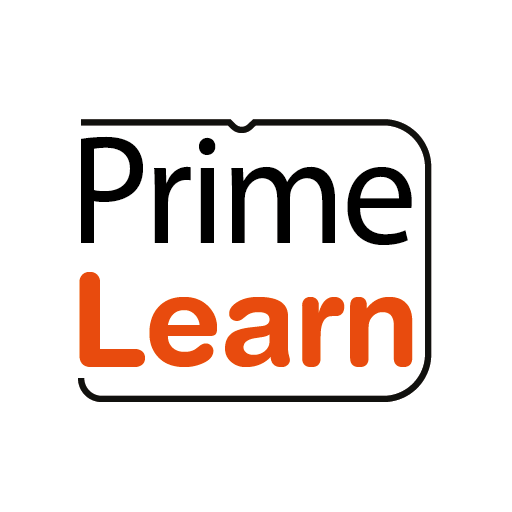A great barrier has been created between the teaching and learning process, blocking understanding among learners. Some teachers have not yet noticed the magnitude of this barrier and its damaging effects.
Language incompetence is a hidden obstacle that has greatly blocked understanding from taking place during instruction. Its influence is not only seen in class but also in decision-making during assessments, causing poor performance among learners.
Since language competence is a basic requirement for effective learning, curriculum developers emphasized it in their frameworks, yet teachers’ attention to it remains minimal. Language competence is a true companion to subject competence because the two complement each other if meaningful learning is to occur.
Mastery of subject knowledge without language competence is regarded as half baked. Unfortunately, many teachers have not yet mastered how to merge both, which continues to limit learners’ academic progress. Research and classroom findings show that many candidates perform poorly due to failure to express their ideas clearly as required by examiners.
Because of this, some learners resort to writing meaningless responses, leading to unnecessary loss of marks. Improper phrasing of responses due to weak language skills, often mistaken as poor question interpretation, has greatly affected learners’ ability to score highly.
Reading, which forms an integral part of language competence, is not handled well in many classrooms, resulting in poor reading ability and comprehension. Writing as a skill should also be emphasized across all subjects, because without it, learners cannot strengthen their command of language competence.
Teachers should therefore place greater focus on proper implementation of the Transition Curriculum, so that learners can effectively adopt English as the medium of communication. This step is crucial in ensuring better teaching, improved understanding, and ultimately, better performance.









0 Comments:
Leave a Comment